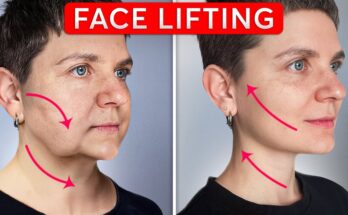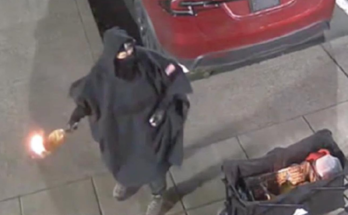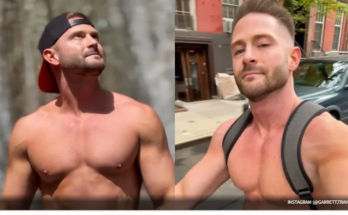Apple and Google restored TikTok to their U.S. app stores on Thursday evening, several weeks after they removed the Chinese-owned video platform to comply with a new law that banned it in the country.
Last month, President Trump tried to pause enforcement of the TikTok ban with an executive order. But Apple and Google were reluctant to bring TikTok back until they were certain they were not breaking the law.
Apple and Google had recently received letters from the Justice Department assuring them that they would not face fines for carrying TikTok in their app stores, said two people with knowledge of the communications, who were not authorized to speak publicly. The executive order that Mr. Trump signed last month asked that “written guidance” be sent.
The law, signed last year by President Joseph R. Biden, had called for TikTok’s parent company, ByteDance, to sell the app to a non-Chinese owner by Jan. 19. Federal lawmakers were concerned that TikTok’s Chinese ties made it a national security threat. The law targeted app store operators and internet hosting companies with steep financial penalties if they distributed or maintained TikTok.
Mr. Trump’s executive order, which told the Justice Department to refrain from enforcing the law for 75 days while his administration pursued a resolution, prompted confusion among technology companies. While Apple and Google kept TikTok out of their app stores, companies like Oracle, which provided back-end technology support for the app, resumed working with it after a brief shutdown in January.
Apple and Google did not comment beyond saying they had reinstated the app. TikTok and a spokesman for the Justice Department declined to comment.
TikTok’s return to the app stores means it is now back to operating as it always did in the United States. That has raised questions about whether Mr. Trump is abiding by the rule of law or putting executive power first, with some experts saying that conflict represents the beginnings of a constitutional crisis. The Supreme Court unanimously upheld the law last month.
“If we get to 75 days without a deal and Trump says we’ll continue to not enforce it, we will very much be in a crisis,” said Lindsay Gorman, the managing director of the technology program at the German Marshall Fund and a former tech adviser for the Biden administration. “Then we’re getting to bigger issues than just about TikTok but about the relationship between the executive and legislative branches.”
On Thursday, Mr. Trump suggested that he might extend his nonenforcement of the law banning TikTok.
“I have 90 days from about two weeks ago, and I’m sure it can be extended, but let’s see,” he said, appearing to misquote the time period stated in his executive order. “We have a lot of people interested in TikTok.”
Lawmakers and intelligence officials have long argued that ByteDance could hand over sensitive U.S. user data — like location information — to Beijing. They have also claimed that China could use TikTok’s content recommendations to fuel misinformation.
TikTok has rejected such concerns and said there was no public evidence that either situation had occurred in the United States.
Since the law went into effect last month, TikTok — which claims 170 million U.S. users — has remained largely unaffected on American phones that had already downloaded the app. Still, some TikTok creators have complained of glitches that they believed were tied to the app’s absence from app stores. That includes issues with livestreaming and digital coins on TikTok that users can buy and give to creators they like.
Mr. Trump promised to save TikTok during his campaign and has said he will help orchestrate a deal for the company that will keep it in the United States. But it is unclear how his administration will do that under the constraints of the law, which calls for a sale and says a person or people in China cannot hold, directly or indirectly, more than 20 percent of TikTok.
ByteDance has said for years that it cannot sell the app, in part because the Chinese government would not allow the export of TikTok’s all-important algorithm.
On Tuesday, TikTok executives told creators in a briefing call that it was optimistic that Apple and Google would soon reinstate the app, said H. Lee Justine, a TikTok creator and author, who was on the call.
“They said that the administration had given them a lot of information that they wouldn’t be penalized and that they were really hopeful that any day now they would put it back in the app stores,” she said in an interview. “It makes me very hopeful that they felt that they could do this because hopefully this means that long term there’s not going to be issues and this will work out.”



